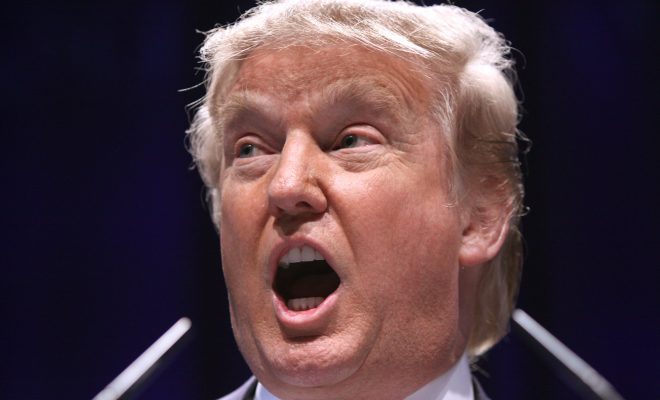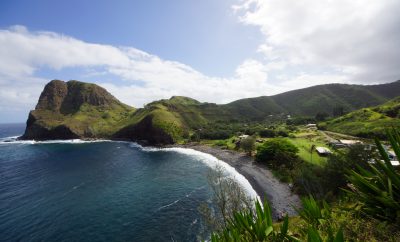 Image Courtesy of Gage Skidmore; License: (CC BY-SA 2.0)
Image Courtesy of Gage Skidmore; License: (CC BY-SA 2.0)
Politics
Hawaii AG Files Lawsuit Over Trump’s Revised Travel Ban
President Donald Trump’s revised executive order blocking travel from six countries in the Middle East and North Africa faced its first legal challenge on Wednesday. Doug Chin, the attorney general of Hawaii, is suing the Trump Administration. The order, Chin said in his complaint, violates the Constitution and will have deleterious effects on his state’s economy and educational institutions.
A hearing is scheduled for next Wednesday, and the travel ban is set to go live on Thursday. While Trump’s first order, issued during his initial days in office, faced a torrent of litigation, the revised order, released on Monday, did not experience any immediate challenges. Lawyers and state attorneys general are taking a more cautious approach to legal action; they are taking time to examine the new order’s legality, while acknowledging that it was more carefully written than its predecessor.
In the State of Hawaii’s brief, which requests a temporary restraining order on the travel ban, the plaintiffs argue the ban “severely damages the State’s schools and universities.” The plaintiffs also said the executive order “detracts from the University of Hawaii’s diversity and impedes the State’s commitment to international scholarship and global exchange—inflicting the very harms Congress’s prohibition on nationality-based discrimination was designed to prevent.”
Trump’s new travel ban is different from the initial directive. Residents of six countries–Libya, Sudan, Somalia, Yemen, Iran, and Syria–will not be allowed into the U.S. for at least 90 days. Iraq, which was included in the initial order, has been removed from the list of affected countries. And in what is the new order’s potential bulwark against legal action, green card-holders and people who already have visas from the six countries are allowed entry into the U.S. Like the first executive order, the country’s refugee program will be put on ice for at least 120 days.
Another of Trump’s immigration policies was hit with a legal challenge on Wednesday. Dennis Herrera, the city attorney of San Francisco, asked a federal district court judge to block the president’s January 25 executive order. That order threatens to withhold federal funds from so-called “sanctuary cities,” jurisdictions that shield undocumented immigrants from federal immigration authorities. “This court action is designed to protect our residents and provide financial clarity,” Herrera said in a statement.








Comments